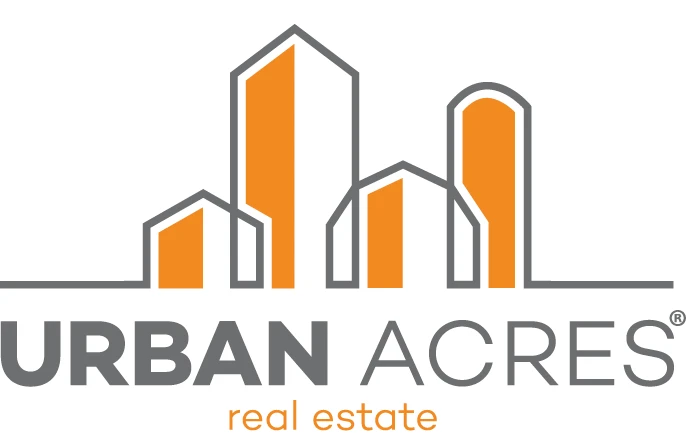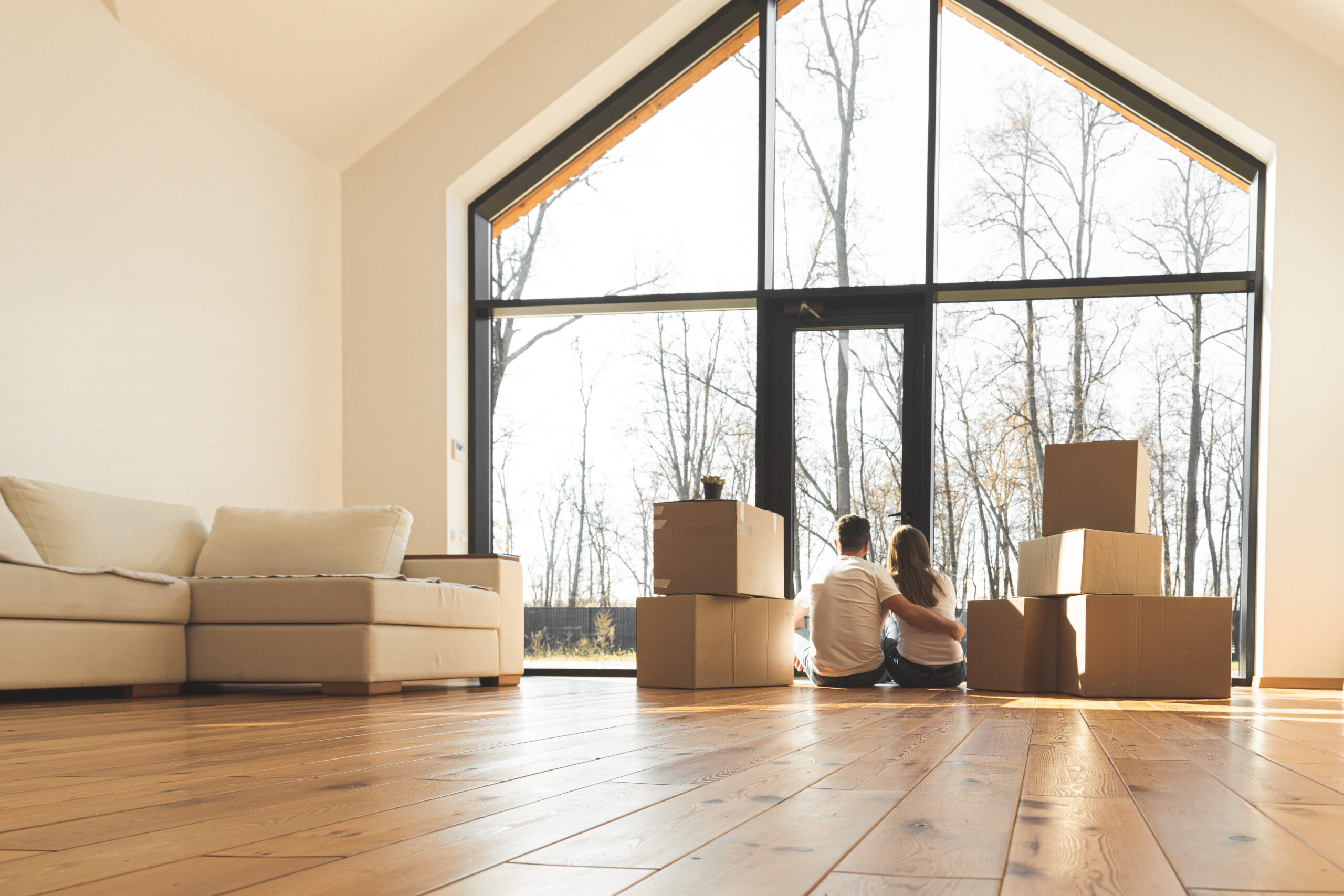Here are some key things you’ll want to consider as you start to make your wish list.
Bedrooms & Bathrooms
One of the ways you’ll see homes on the market described is by the number of bedrooms and bathrooms they have. Every buyer has an idea of how many bedrooms they need in their new home. This number usually hinges on the size of your family (or future family). Consider whether you want each child to have their own room or if they’ll be sharing.
An extra bedroom is a great opportunity to customize your home to your lifestyle. Convert it to an office, playroom, craftroom, or even an exercise room. If you have frequent visitors, set it aside as a guest room. If you have multiple people living in (or visiting) your home, consider how many people you want sharing a bathroom.
Kitchen
The kitchen is the heart of your home. It’s where family and visitors frequently gather, which means size and layout are important. If you love to entertain or host family holidays and get-togethers, a bigger kitchen might be high on your wish list. If you’re not someone who cooks or entertains often, this part of the home might be a lower priority.
A few things to consider when making your kitchen wish list: the amount of cabinet and counter space, types of countertops, and style of appliances. While amenities like countertops (instead of a breakfast nook) and islands are fairly standard in newer homes, this may not be the case in older homes.
Living Room or Family Room
The kitchen may be the heart of your home, but the living room or family room is where you will likely go to relax and entertain. Whether you’re putting your feet up after a long day or having friends over to watch the big game, the TV is a major feature in many homes. When looking at houses, consider what the focal point of the living room will be. Will it be the TV or some other key feature, such as a fireplace? If a fireplace is on your wish list, do you prefer gas, electric, or wood burning?
Dining Room
The need for a formal dining room depends on your lifestyle. If you like to have sit-down meals or frequently host dinner guests, a formal dining room may be higher on your priority list than it would be for a family who eats on the go and uses a combined kitchen/dining area.
Storage Space
A house without adequate storage can easily begin to feel cluttered. As you begin your search, take into account how much storage you’ll need. Look at the size of closets, pantries, and other storage areas such as mudrooms and built-ins. Many new construction homes have significant storage areas built in with the mechanical rooms.
And don’t forget about your outdoor storage needs, whether that’s a shed for garden tools or a barn for bigger machinery. (This is Iowa, after all!)
Outdoor Features
The lot it sits on is almost as important as the home itself. Do you want a small yard or an expansive acreage? Do you prefer a yard that’s fenced in for kids, pets, or privacy? Do you need space for things like gardening or a children’s playset? Do you want a tree-filled yard, or one that’s more open?
The garage and driveway are other key features of the lot. How many cars will you need to accommodate indoors or outdoors? Do you want the garage to be attached or unattached? Will you need extra room for parking in the driveway or street? The length of the driveway is also important, as it determines how far the house sits from the road.
The outside of your home can be great for entertaining. If you enjoy being outdoors, consider a patio or a deck, where you can grill or sip your morning coffee. Maybe you want a pool to cool off in during the hot summer months, a screened-in patio for outdoor dining, or a firepit to gather around on fall evenings.
Finally, consider how much time you’re willing to invest in maintaining the exterior of your home. Do you need a low maintenance yard that only requires the basics—mowing, raking, weeding—or would you be okay with a home that requires a little more landscaping?
Natural Features
The natural features of your property extend beyond your yard. Perhaps you’ve always dreamed of living in a wooded area, or maybe you want to enjoy a waterfront view from your back porch. Many developments have homes that back up to ponds. Other opportunities for waterfront properties in the area include the Iowa River, Coralville Reservoir, and Lake Macbride.
Happy in your current home? Check out our Fall Maintenance Tips for ideas transitioning your home to the colder months.
Location & Commute
How important is it to be close to places you visit frequently—work, the store, friends, or family? The answer to this question helps narrow down where you should be searching. The perfect house in the wrong location probably isn’t your ideal home.
Whether you’re thinking city, country, or suburbia, the Corridor has plenty of options. The lively downtown atmospheres of Cedar Rapids or Iowa City offer a big-city feel. North Liberty, Solon, Tiffin, and other towns in the surrounding area are removed from the bustle of downtown Iowa City, but offer convenient access to highways.
Whether you’re planning to live in town or out in the country, know how long you want your commute to take. Easy access to the main roads could mean a shorter drive to work, but it could also mean dealing with traffic noise. Being located deep in the suburbs or country might offer more seclusion, but it will extend your commute time.
Gravel roads are another factor to consider when living in the country, especially during Iowa winters. Are you okay with your commute including gravel, or would you prefer to navigate paved roads?
Neighborhood & Schools
Neighborhood and location go hand-in-hand. Perhaps you already have a neighborhood in mind, or maybe you’re open to suggestions. When considering which neighborhood is right for you, keep in mind the safety, average cost, and sense of community in the area. Also think about whether you’d like to be near the main entrance or nestled deeper in the development.
Homeowner associations (HOAs) are common in many subdivisions and developments. When looking at a home that is part of an HOA, ask about the HOA’s requirements, fees, and range of coverage. Do you have to go through the HOA to make a change to your house or to park a vehicle outside your home? Do they handle things such as trash collection, snow removal, landscaping, or repairs?
Another driving factor in the search for a new home is often the quality of the local schools. If you have an idea of where you’d like to live, research the schools in that area. Look at class sizes and school rankings. Ask around for recommendations. If you don’t know anyone in the area, your REALTOR® is a great place to start.
Final Considerations
Last but not least, there are the big-picture factors to consider. Are you in the market for an existing home or for a new construction home? What style of home do you prefer? How long do you plan to be in this home?
And we couldn’t end this list without touching on finances. Money is arguably the biggest factor when it comes to purchasing a home. Getting pre-approved for a loan can help give you an idea of what you can afford, but it’s also important to know what mortgage payment you’d be most comfortable making. Narrowing your search by cost can prevent you from falling in love with a home outside your price range. Keep in mind that a portion of that money is needed up-front during the buying process.
In Summary
Clearly, there are many things for you to consider. As the buyer, it’s ultimately up to you to decide which items on your wish list you’re willing to compromise on and which are non-negotiable. Even if a home doesn’t meet every single requirement as-is, it may be possible to achieve your wishes through updates, remodels, or additions down the road (budget permitting, of course).
Ready to find the home that checks all your boxes? We can help. No matter which member of our seasoned team of REALTORS® you choose, they’ll take the time to get to know you and your specific needs. Reach out today!





